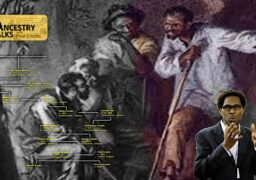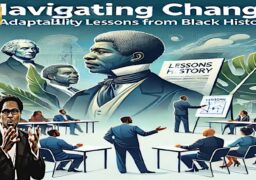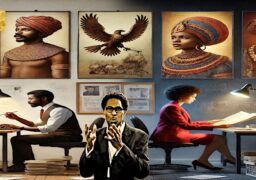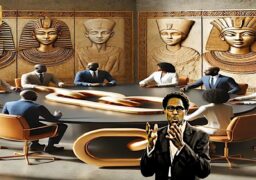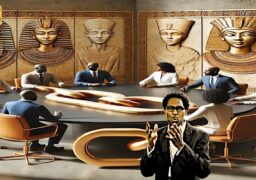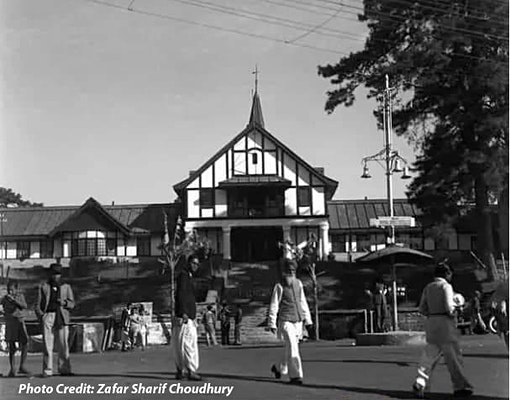
Growing up Bengali/Bangladeshi in North East India By Nabanipa Bhattacharjee Wednesday 27 October 2021, 5.30-7.30pm
The Bengali presence in Northeast India may be traced to the early 19th century. From 1826 to 1873 Assam was part of the Bengal Presidency which officially allowed the migration of Bengalis to the region. In 1874, Assam was separated from Bengal and established as a Chief Commissioner’s province; the two Bangla speaking districts of Sylhet and Cachar were added to the new province to meet its revenue deficit.
By the end of the century, not without the approval of the imperial state and also the sections of the Assamese though, the movement of Muslim peasant cultivators from eastern Bengal (predominantly from Mymensingh) to Brahmaputra valley began. The first decades of the 20th century, therefore, witnessed the growth of a sizable population of Bengali Hindus and Muslims (of Sylhet, Cachar, and so forth) on Assam’s soil. Resentment of the Assamese against the presence of Bengalis began to brew in the region and by 1947 the politics of the province was heavily communalised along linguistic (and cultural) and religious lines.
Keen to get rid of Sylhet and its Bengali population, Assam remained a silent spectator as a referendum was held in Sylhet on 6-7 July 1947; following the declaration of the result, Sylhet became part of East Pakistan. Though Assam anticipated the total ouster of the Bengali population following its partition, yet that not only did not happen but to top it more Bengalis from East Pakistan migrated to the province.
As the turbulent and violent history of Assam in particular and Northeast India in general shows, the Bengali/Bangladeshi (after 1971) re-emerged as the most despised figure in the hate (the outsider) discourse which defined and dictated the society and politics of the region in the postcolonial period; needless to add, it continues to do so even today. This lecture, drawing from existing scholarship and personal history, intends to map the process of construction and treatment of the much-loathed figure of the Bengali since the 19th century in Assam, and after 1972 in Meghalaya. Put differently, it offers a historical-political outline of the Bengali/Bangladeshi issue in contemporary Northeast India.
Nabanipa Bhattacharjee, M.A, PhD (JNU, New Delhi) is an Associate Professor of Sociology at Sri Venkateswara College, the University of Delhi since 1999. She is involved in research and related activities in India and abroad and publishes in both academic and the popular press. Her research interests include historical and political sociology, partition, migration and identity, anthropology of violence, northeast Indian societies and cultures.

